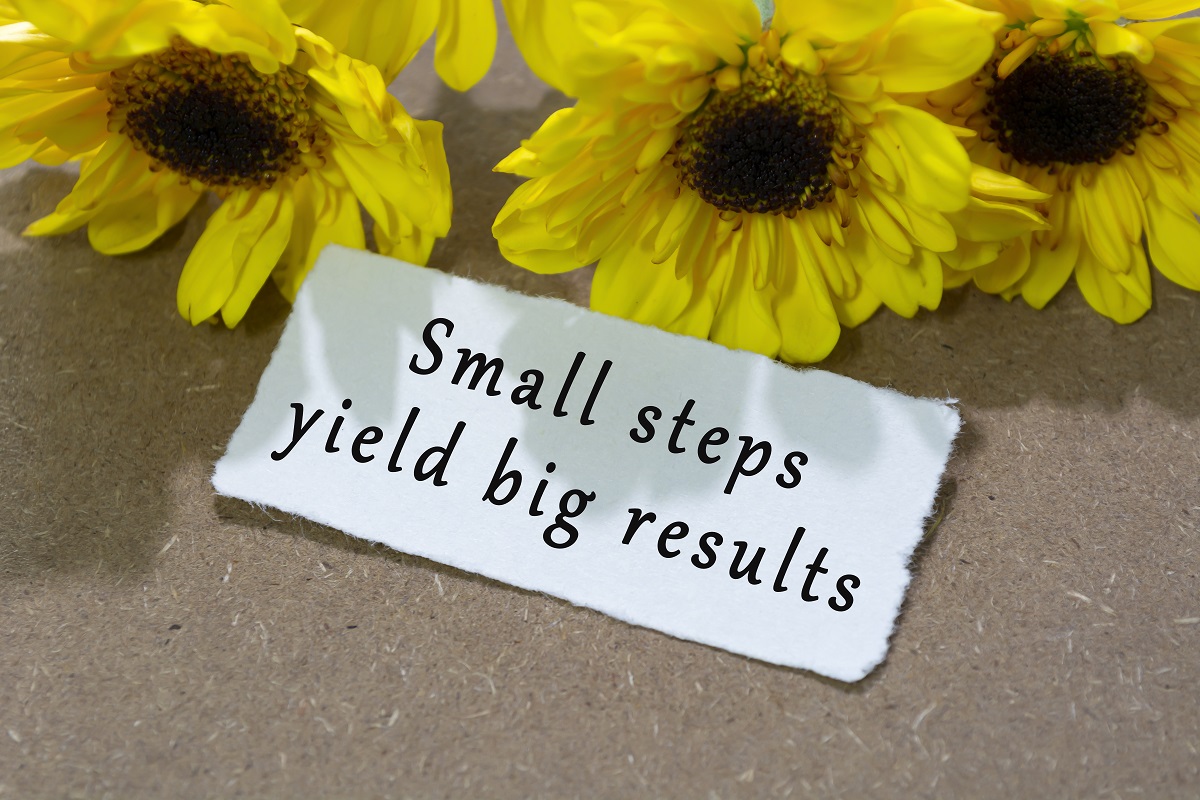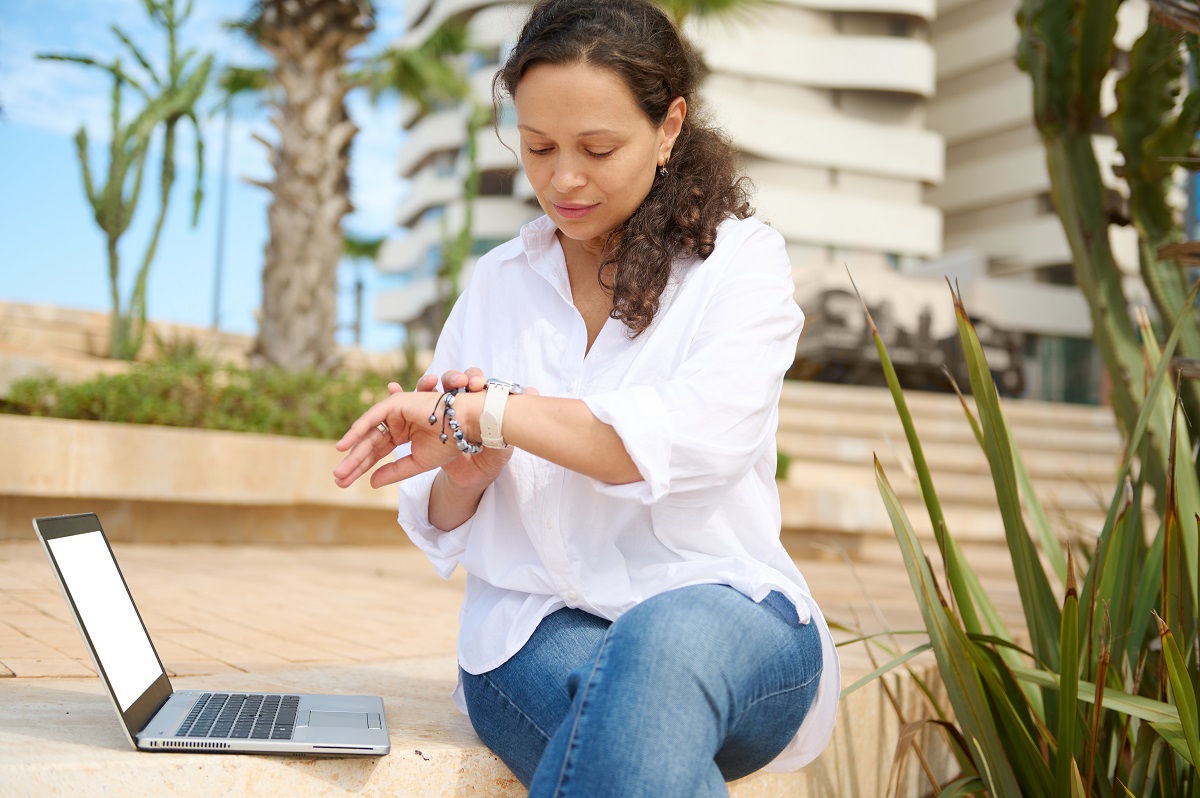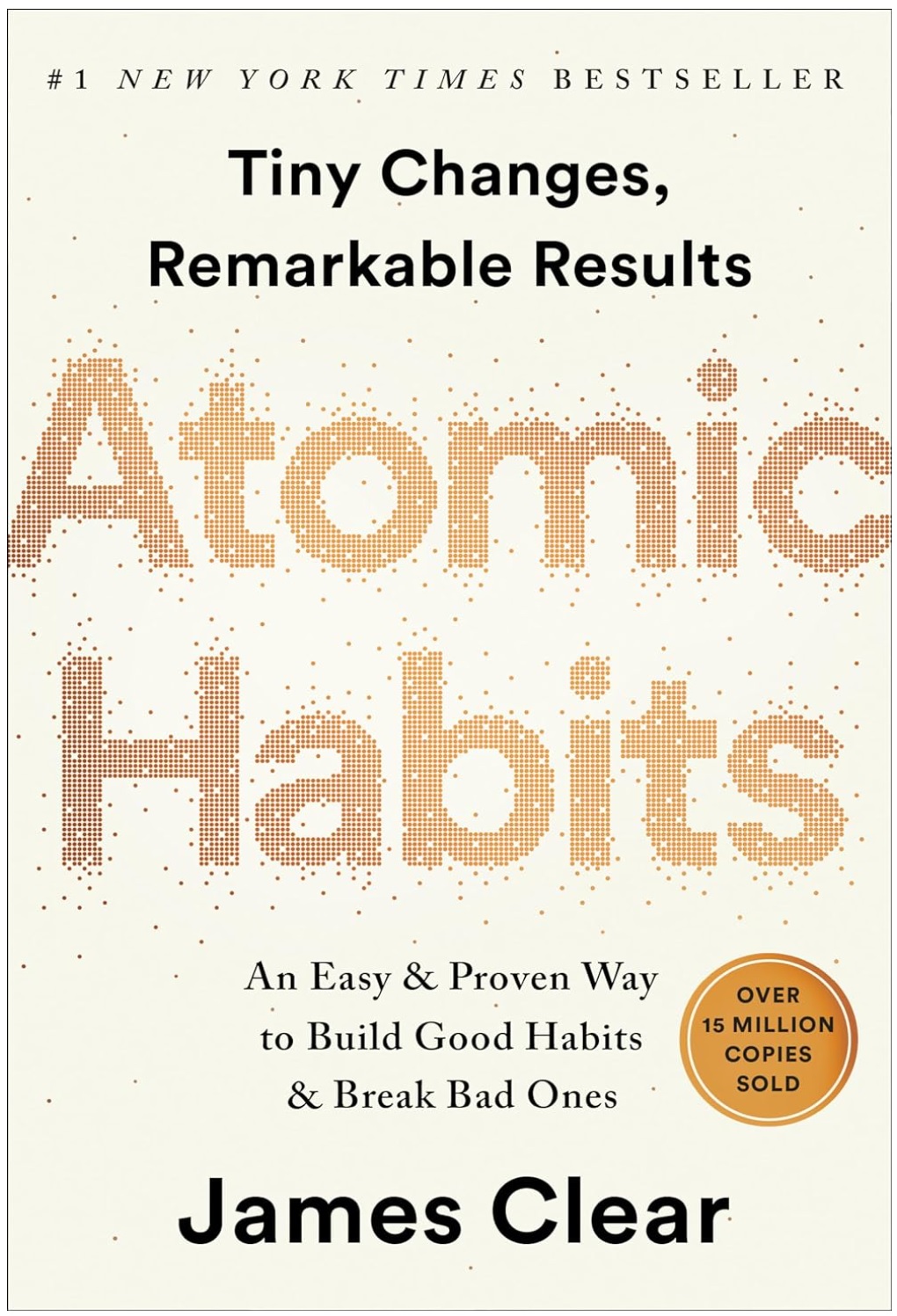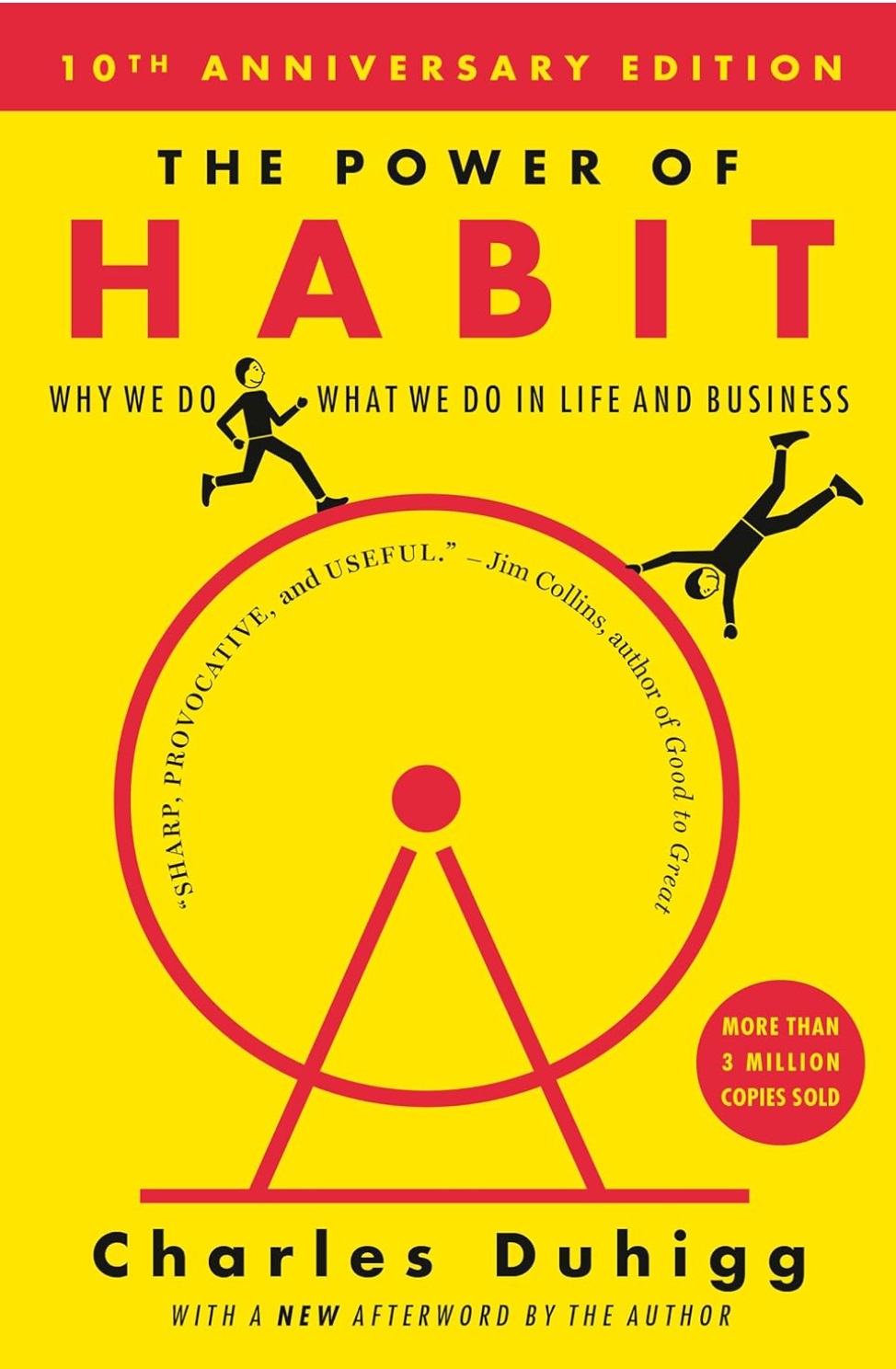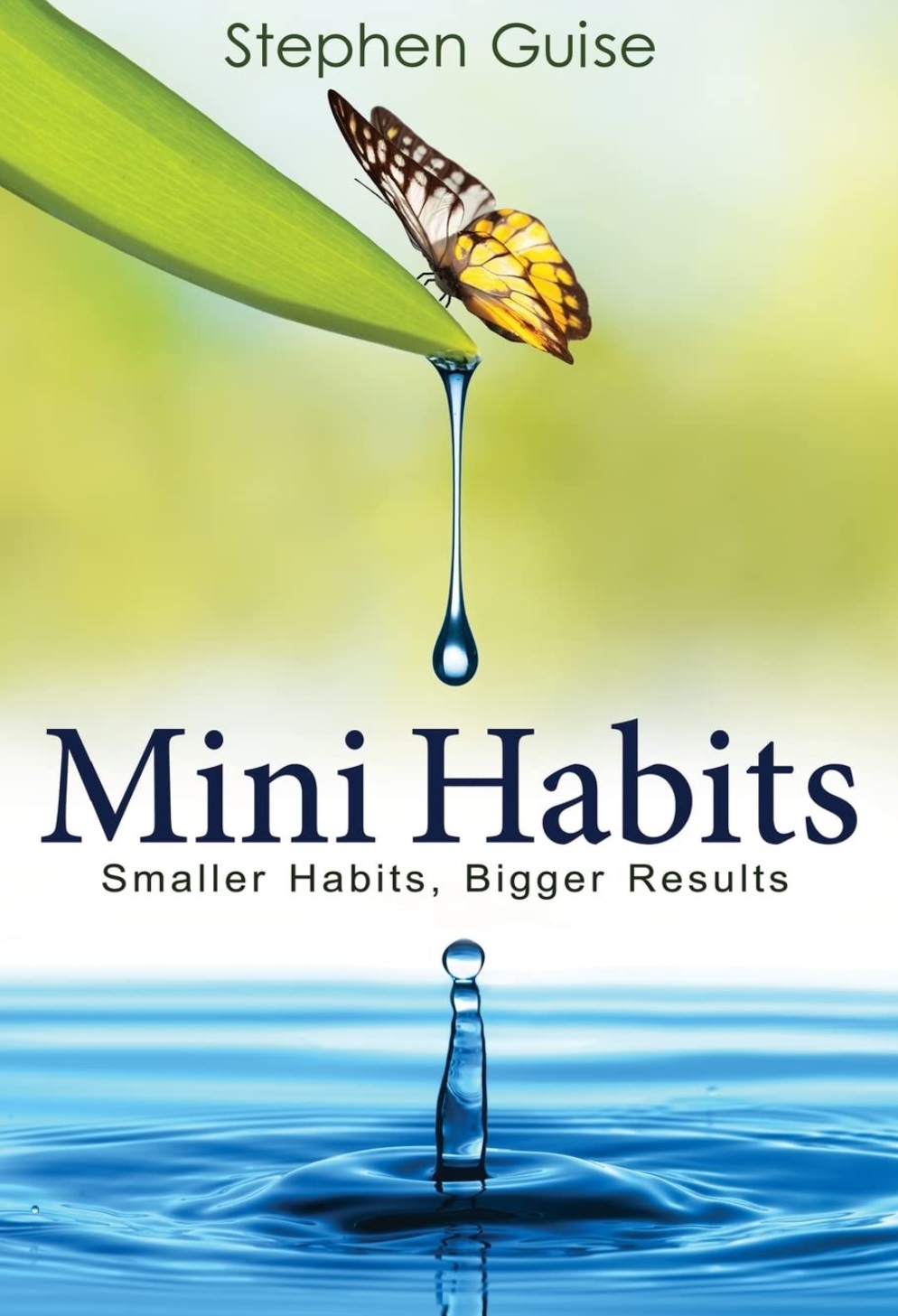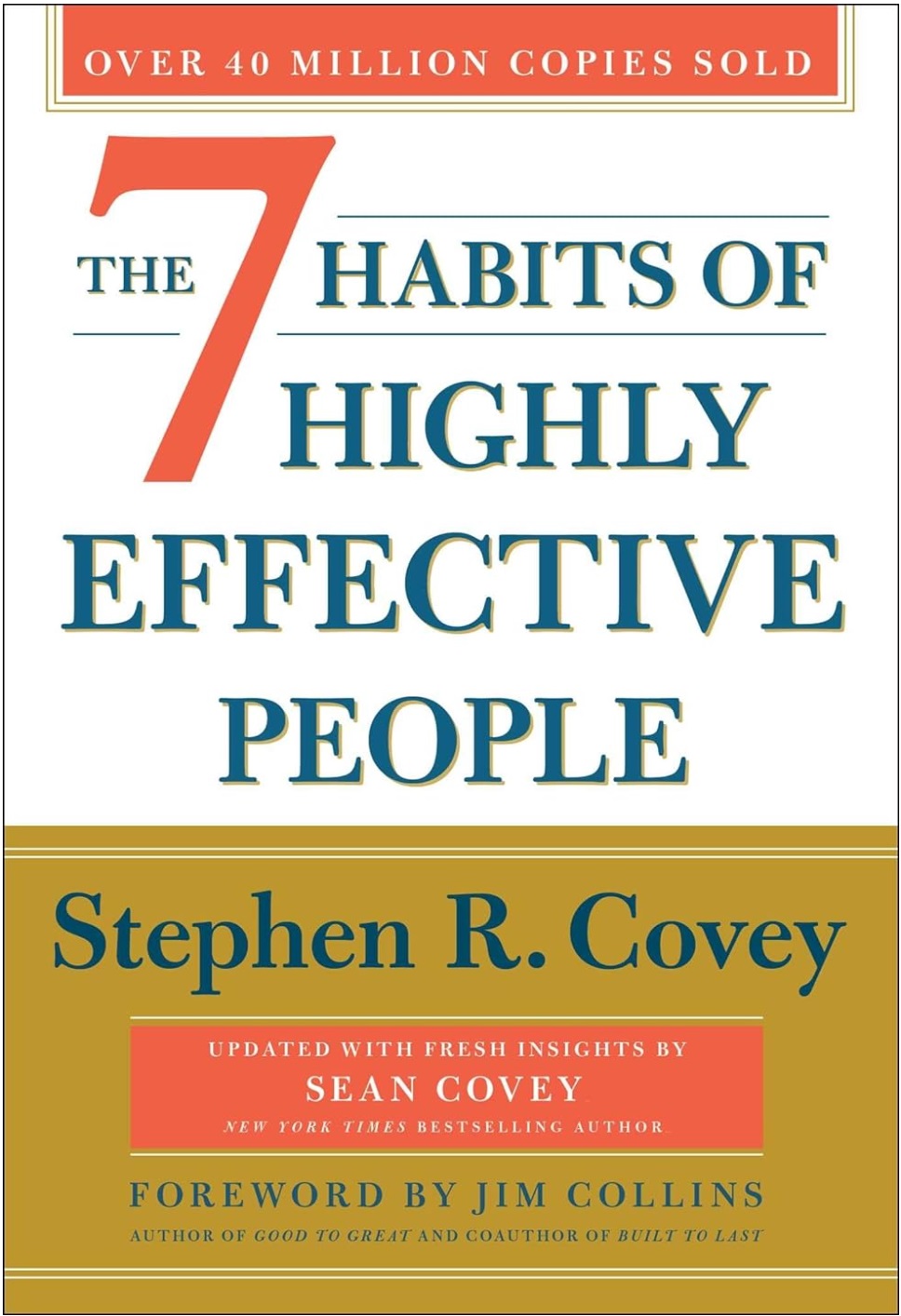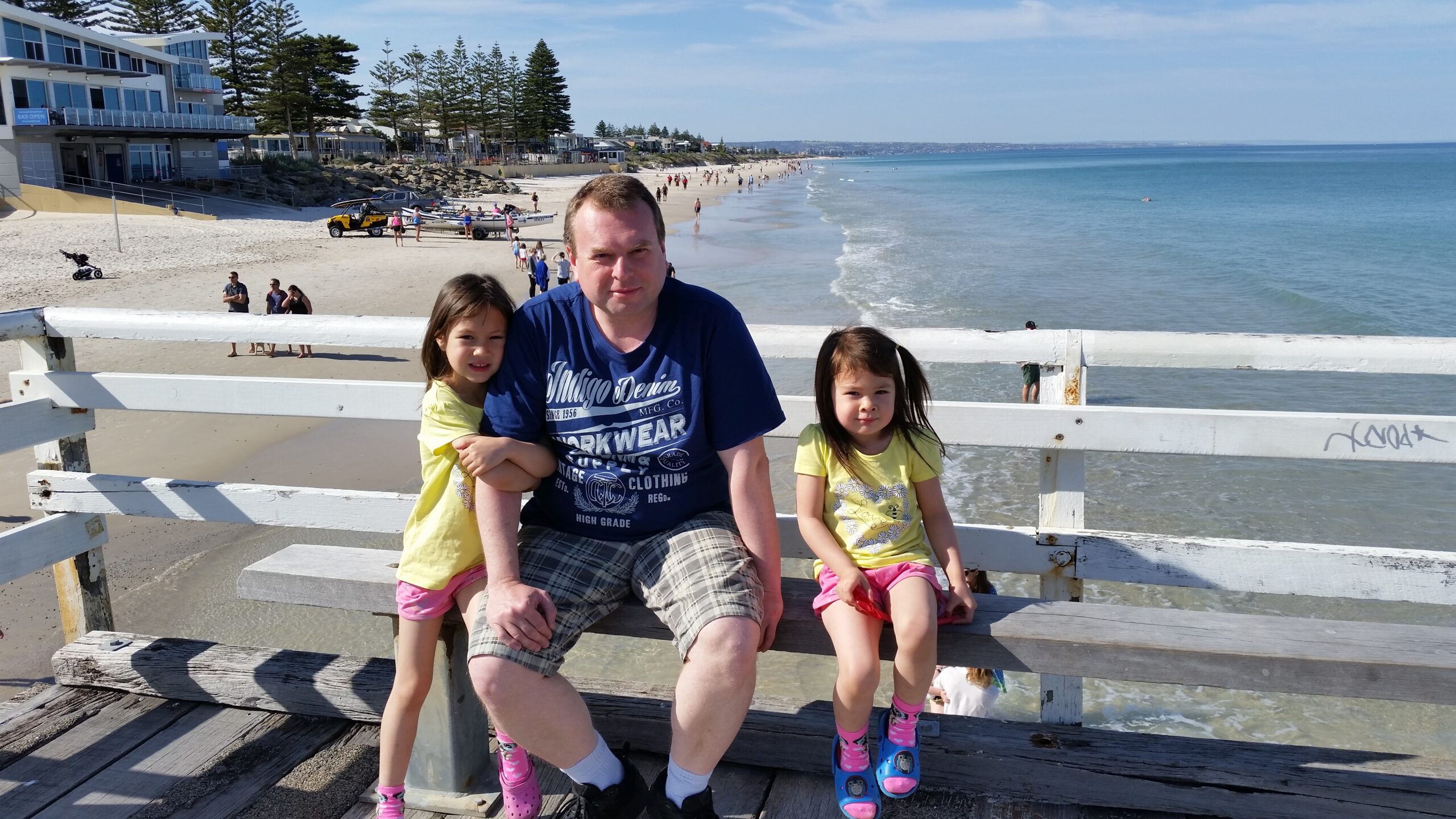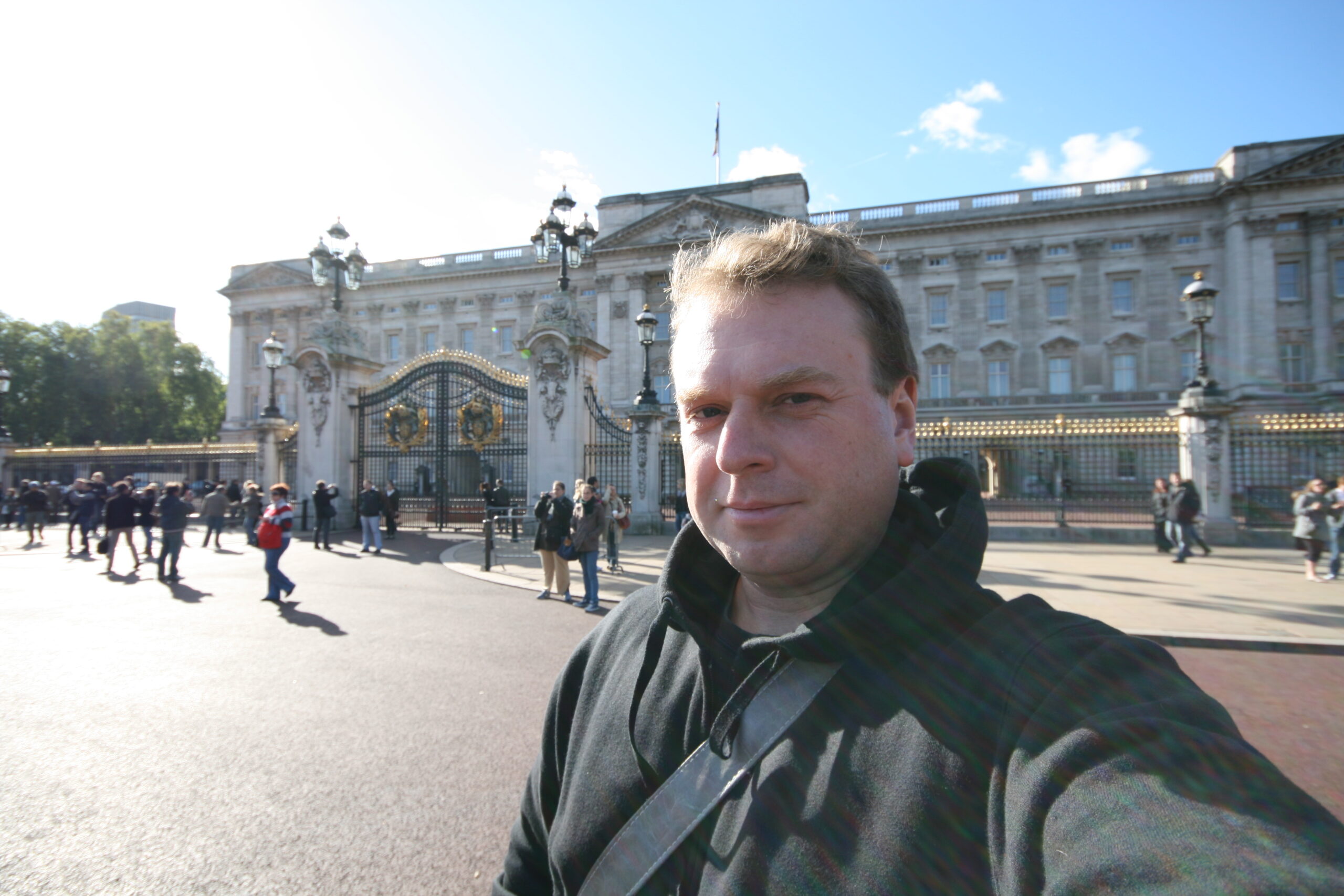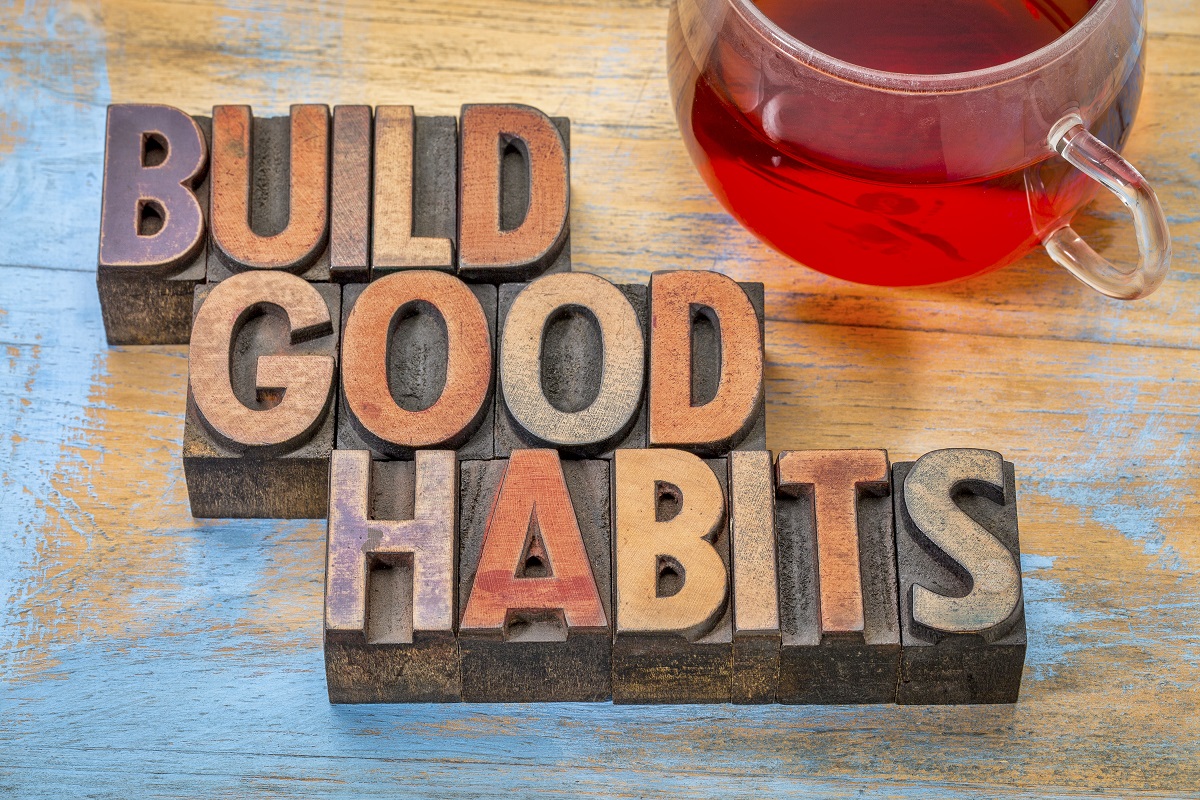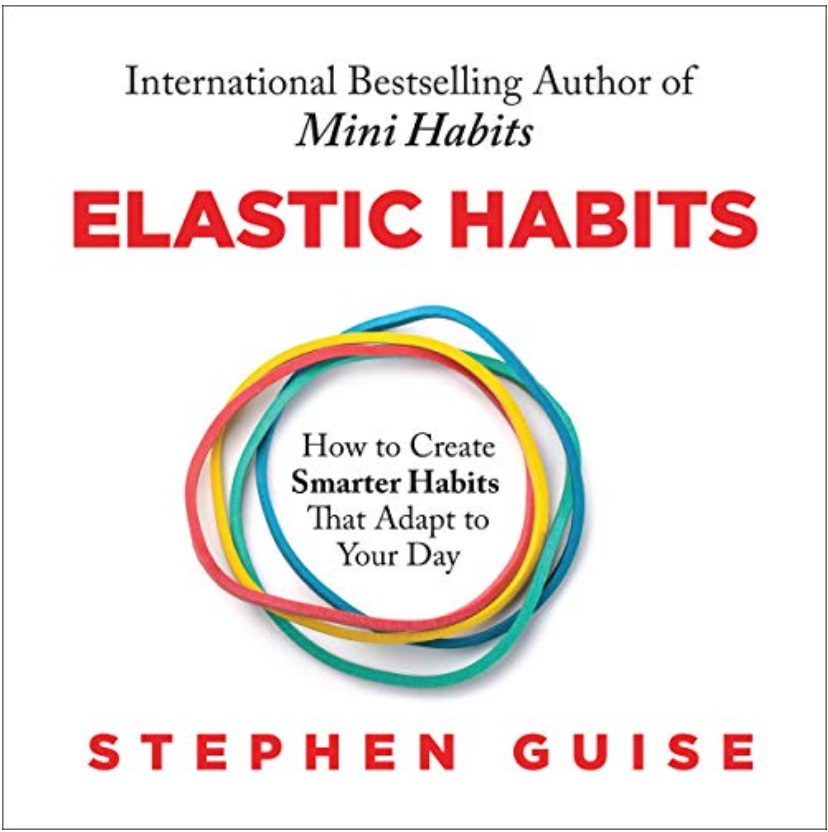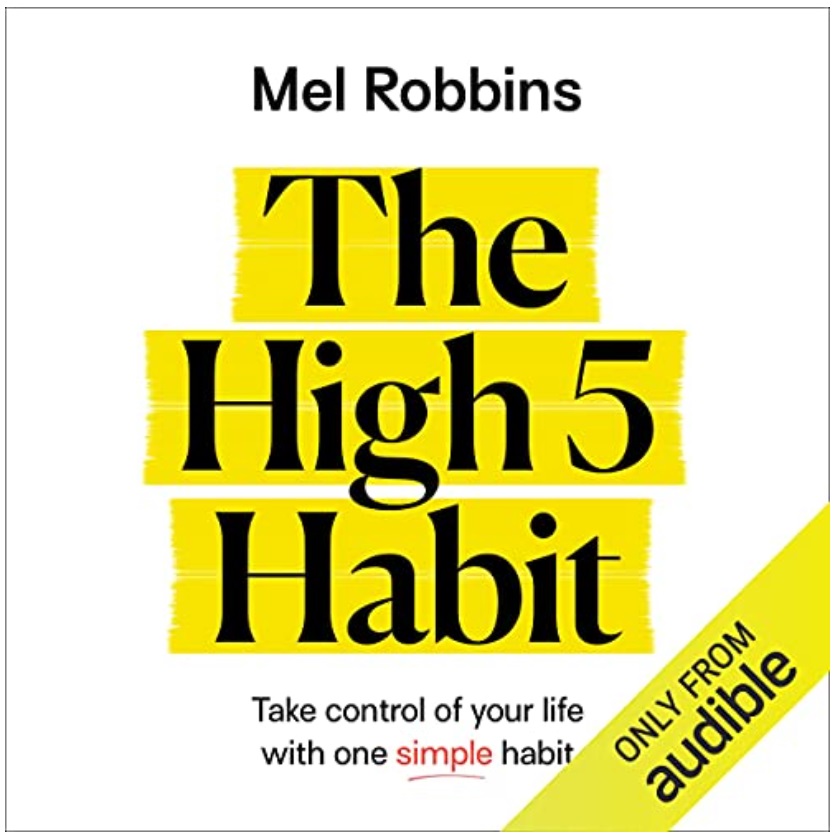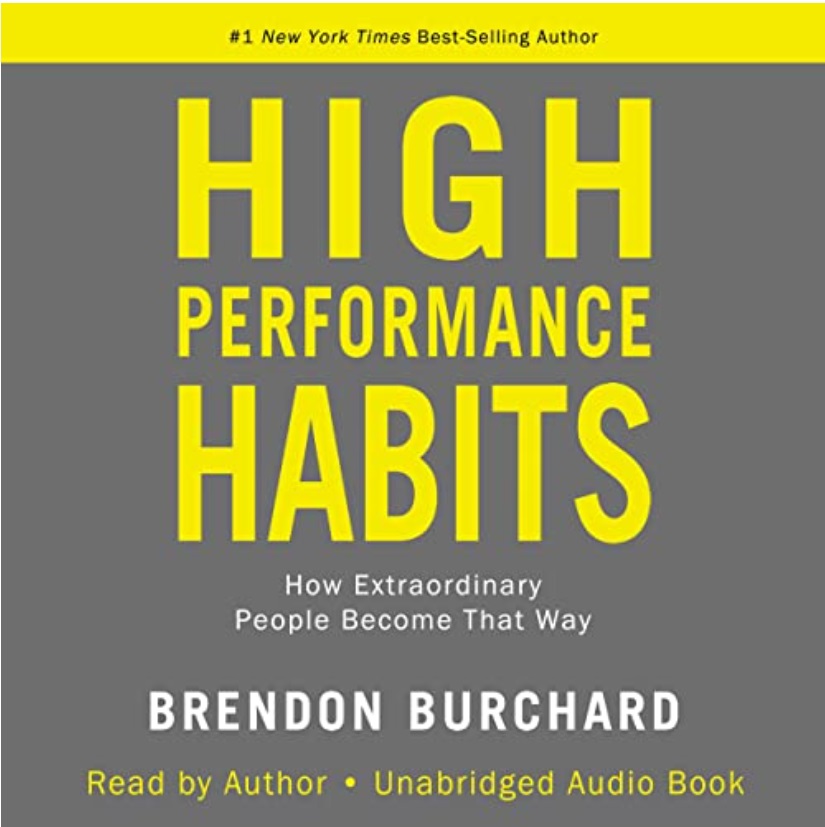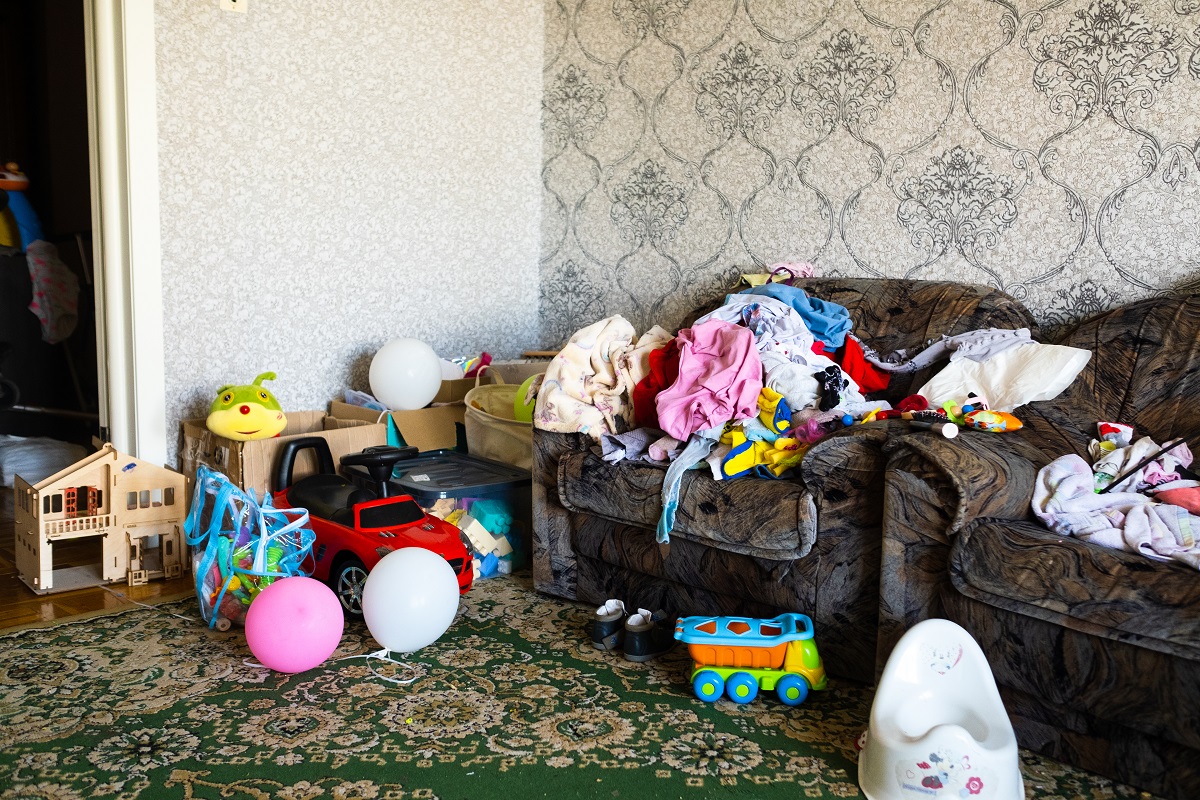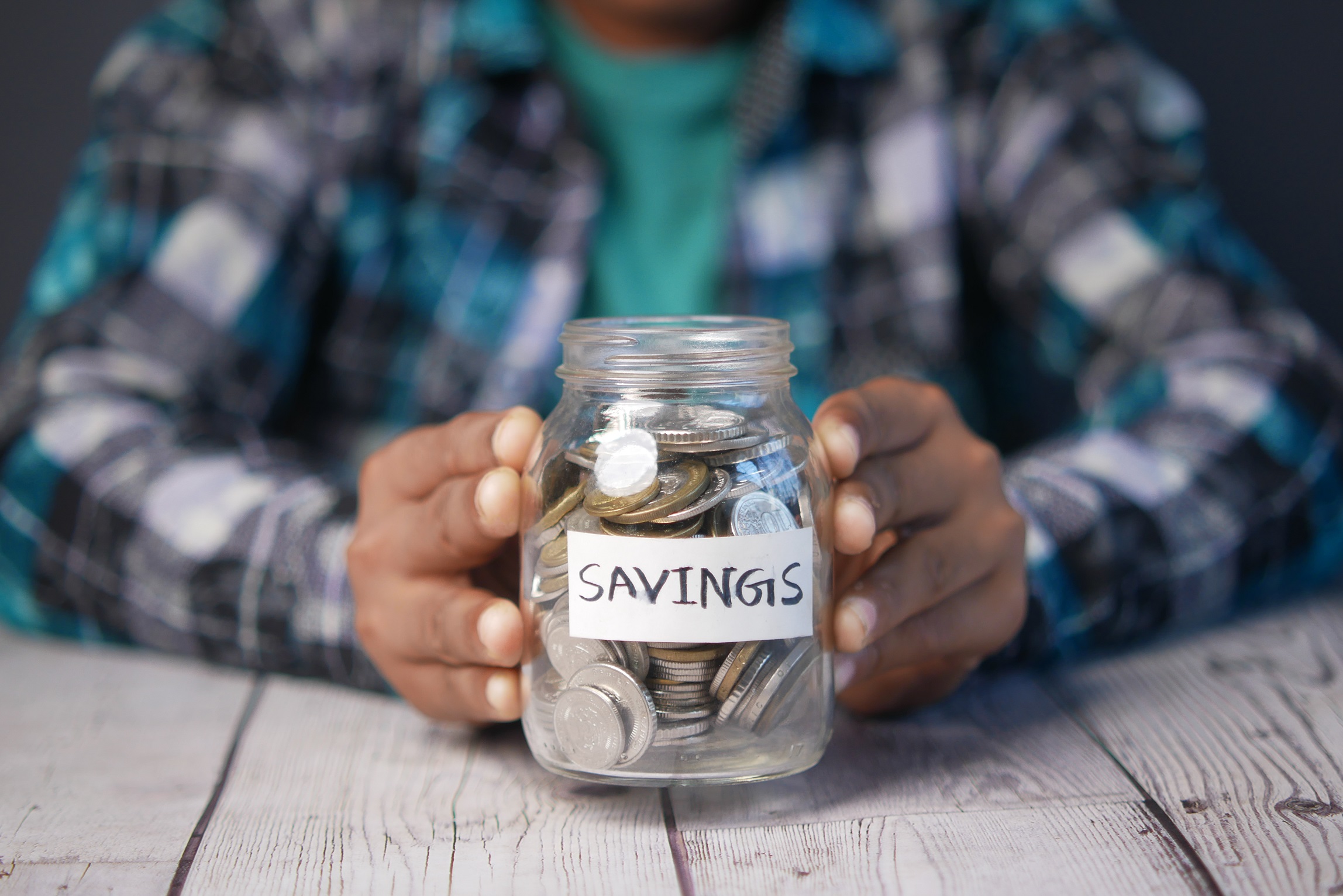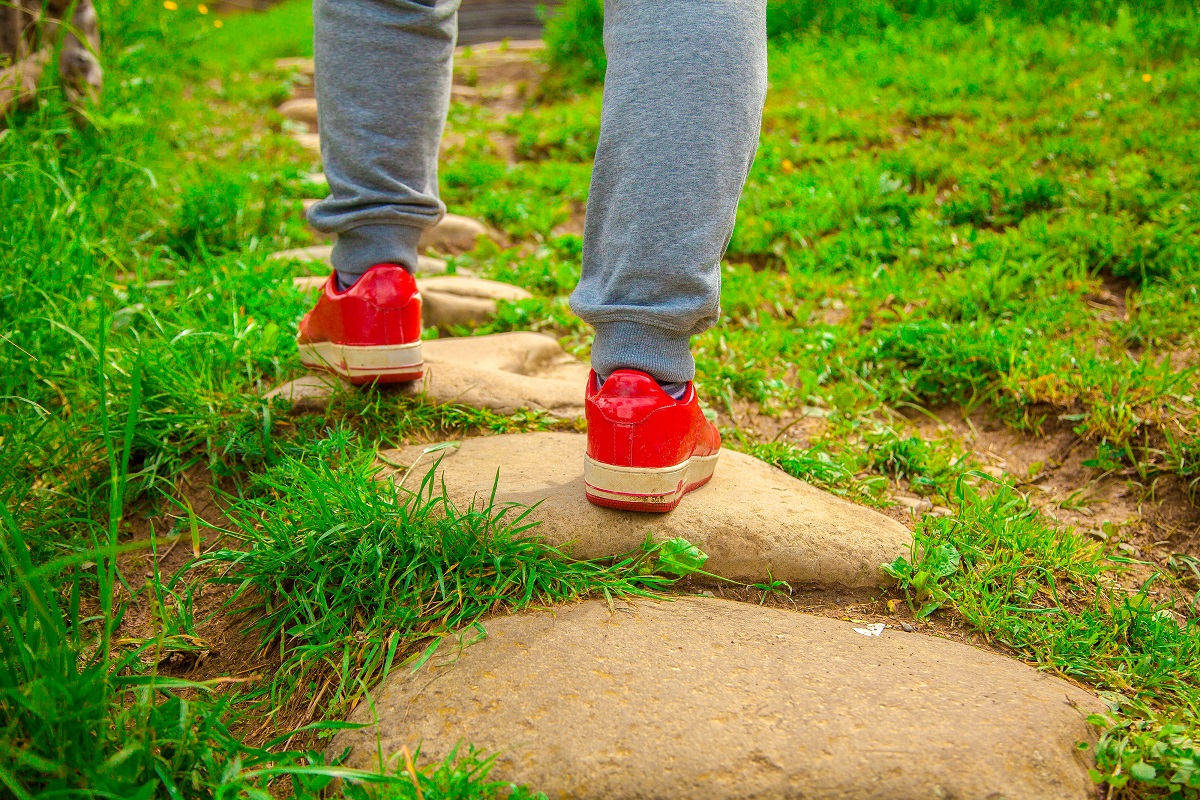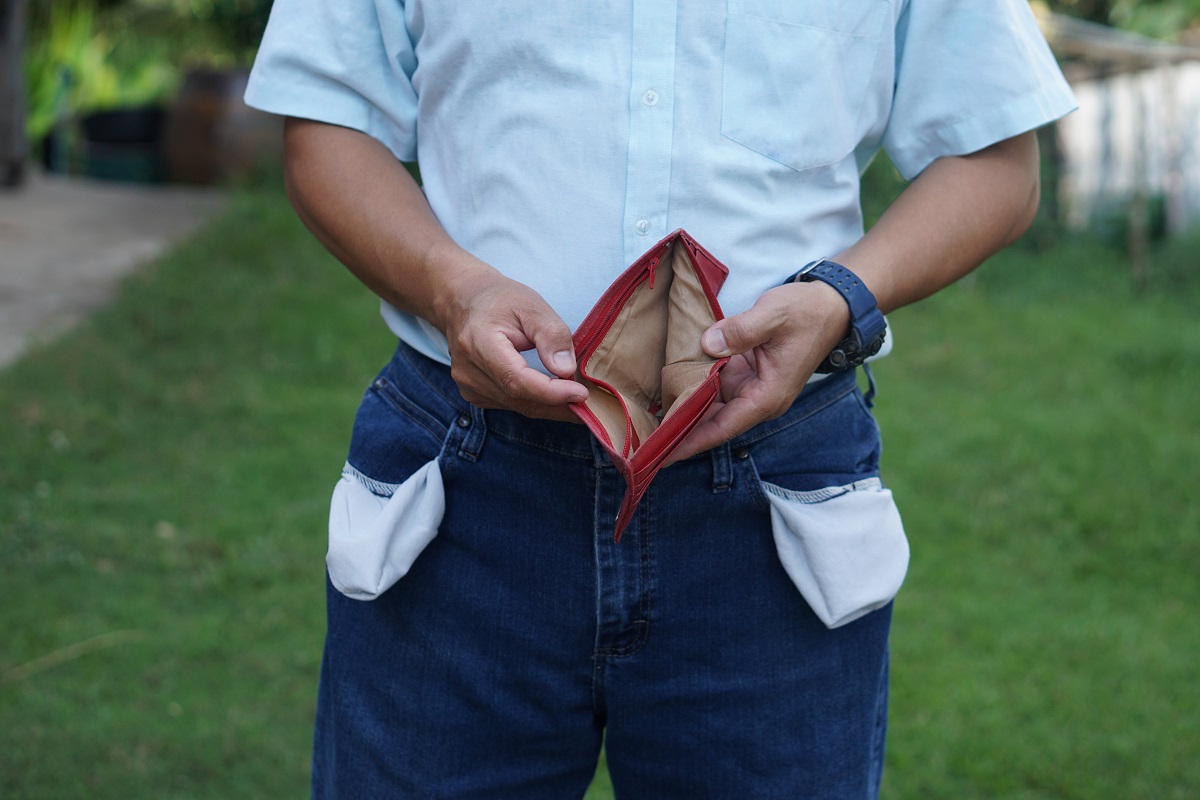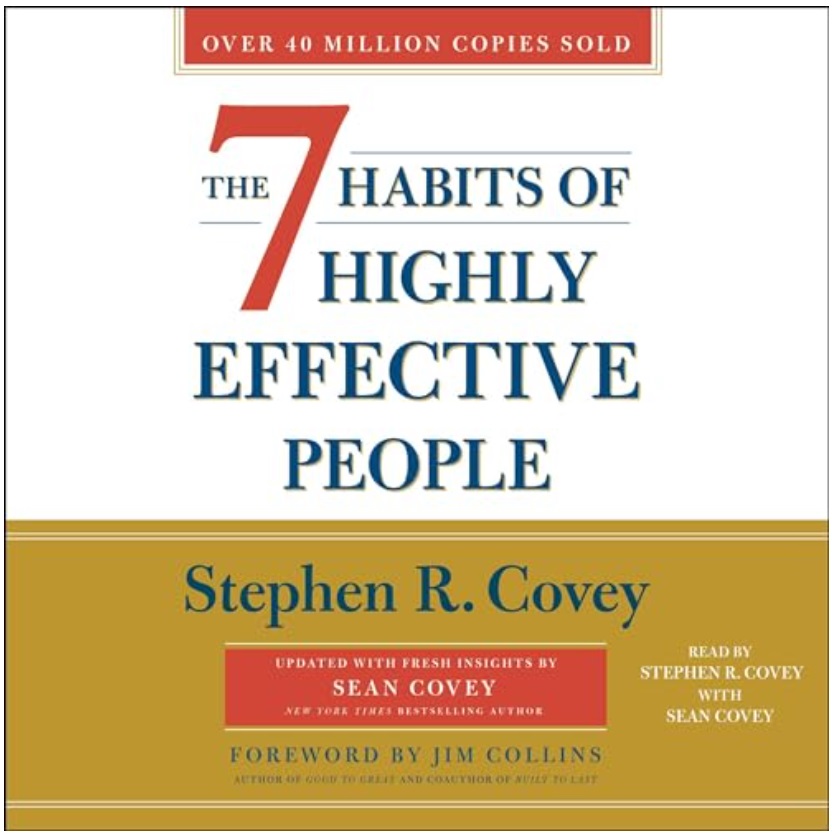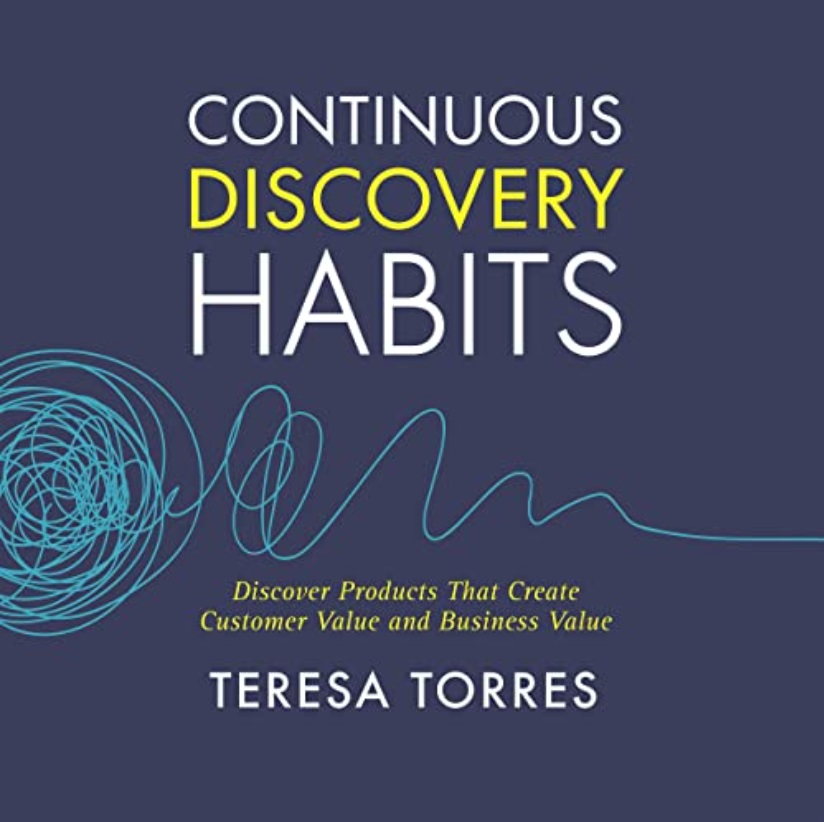- KEY POINTS
- Track daily activities and observe triggers to identify when and why bad habits occur.
- Assess how bad habits impact health, relationships, productivity, and emotional well-being to motivate change.
- Develop new routines, set goals, and build a support system to replace bad habits and maintain progress.
In my experience, identifying bad habits can be a real challenge. I’ve seen that these behaviors often start small, but over time, they can have a significant impact on our lives.
I’ve found that bad habits are like silent anchors, holding us back from reaching our full potential. Here’s what I’ve gathered about identifying bad habits and how to overcome them.
Table of Contents
ToggleUnderstanding the Nature of Bad Habits
Recognizing Your Patterns
To identify bad habits, it’s essential to become aware of your daily routines and behaviors. Start by observing your actions throughout the day. Are there activities you engage in that don’t serve your best interests? For instance, do you find yourself procrastinating on important tasks?
Procrastination is a common bad habit that can hinder productivity and personal growth. In my post on How to Overcome Common Bad Habits Like Procrastination, I delve deeper into strategies to tackle this issue.
Identifying Triggers
Bad habits are often responses to specific triggers, such as stress, boredom, or certain social situations. By pinpointing these triggers, you can understand what prompts the undesirable behavior. For example, if you tend to overeat when stressed, stress is the trigger, and overeating is the habit. Recognizing this connection is the first step toward change.
Assessing the Impact
Understanding how a bad habit affects your life can motivate you to change. Reflect on the consequences of your actions. Does the habit negatively impact your health, relationships, or productivity? For instance, excessive screen time can strain your eyes, disrupt sleep, and reduce time spent with loved ones. Acknowledging these effects can strengthen your resolve to break the habit.
Strategies to Break Bad Habits
Replacing Bad Habits with Good Ones
One effective strategy is to replace a bad habit with a positive one. This approach, known as substitution, involves identifying a healthier behavior that satisfies the same need as the bad habit.
For example, if you tend to smoke when stressed, you might replace smoking with deep-breathing exercises or a brisk walk. In my article on Breaking the Cycle: Tools to Replace Bad Habits with Good Ones, I explore various tools and techniques to facilitate this substitution process.
Building a Support System
Having a support system can significantly enhance your efforts to break bad habits. Sharing your goals with friends, family, or support groups provides accountability and encouragement. They can offer insights, share experiences, and help you stay on track during challenging times. For more on this, see my post on How Support Systems Can Help You Break Bad Habits.
Setting Clear and Achievable Goals
Setting specific, measurable, achievable, relevant, and time-bound (SMART) goals can provide a clear roadmap for change. Instead of resolving to “eat healthier,” set a goal to “include at least one serving of vegetables in each meal.” This clarity helps track progress and maintain motivation.
Sustaining Change and Embracing Growth
Understanding the Long-Term Impact
Recognizing the long-term benefits of breaking bad habits can reinforce your commitment to change. Improved health, better relationships, increased productivity, and enhanced self-esteem are just a few positive outcomes. Reflecting on these benefits can provide motivation during challenging times. I discuss this in detail in The Long-Term Impact of Breaking Bad Habits.
Rewiring Your Mind for Success
Changing habits involves rewiring your brain to establish new neural pathways. This process requires consistency and time. Engaging in regular mindfulness practices, such as meditation, can enhance self-awareness and self-control, facilitating the formation of new habits. For more insights, refer to my post on Rewiring Your Mind for Success.
Embracing Tiny Shifts
Small, incremental changes can lead to significant transformations over time. Instead of attempting drastic changes, focus on making tiny shifts in your behavior. These manageable adjustments are more sustainable and less overwhelming, increasing the likelihood of long-term success. Explore this concept further in Tiny Shifts to End Bad Habits.
Strategies to Overcome Bad Habits
Replacing Negative Patterns with Positive Ones
One of the most effective ways to overcome a bad habit is to replace it with a healthier alternative. The goal is not to simply stop the habit but to substitute it with a behavior that satisfies the same underlying need. This process of substitution is crucial because habits often serve as coping mechanisms or responses to triggers.
For example, if you tend to snack excessively while watching TV, try replacing chips with a healthier option like fruit or nuts. Alternatively, you can engage in light stretching or keep your hands busy with a hobby. I explored this in greater detail in Breaking the Cycle: Tools to Replace Bad Habits with Good Ones, where I outline practical tools to facilitate this transition.
Addressing Procrastination Head-On
Procrastination is one of the most common bad habits that can undermine productivity and personal growth. The tendency to delay tasks often leads to stress, missed opportunities, and feelings of guilt. To combat procrastination, I recommend breaking larger tasks into smaller, more manageable steps. This reduces overwhelm and makes it easier to take action.
Additionally, creating a schedule with specific deadlines and rewarding yourself for completing tasks can boost motivation. If procrastination is a recurring challenge, my post on How to Overcome Common Bad Habits Like Procrastination offers a step-by-step guide to breaking free from this cycle.
Building a Support Network
Breaking bad habits is often easier with the help of a strong support system. Whether it’s friends, family, or professional mentors, surrounding yourself with people who encourage your growth can provide accountability and motivation. When you share your goals with others, you create a sense of responsibility, making it less likely to revert to old patterns.
In my post How Support Systems Can Help You Break Bad Habits, I discuss how to cultivate supportive relationships and leverage them during moments of weakness. From accountability partners to community groups, external reinforcement can play a key role in sustaining positive changes.
The Power of Mindfulness in Habit Change
Practicing Self-Awareness
Mindfulness can be a powerful tool for breaking bad habits by increasing self-awareness. When you are mindful, you become more conscious of your thoughts, emotions, and behaviors, allowing you to recognize triggers before they lead to unwanted actions. Practicing mindfulness can involve daily meditation, journaling, or simply pausing to check in with yourself throughout the day.
I have found that mindfulness not only helps in identifying bad habits but also prevents impulsive decisions. For more on using mindfulness to combat negative patterns, visit Mindfulness Techniques to Break Bad Habits.
Implementing Small, Positive Shifts
Small, intentional changes can lead to significant long-term results. By focusing on minor shifts in your routine, you reduce the pressure associated with massive change. This approach makes the process less daunting and increases the likelihood of success.
For instance, if you want to reduce screen time, start by putting your phone away for 15 minutes each day and gradually increase this duration. These small adjustments accumulate over time, creating sustainable new habits. I elaborate on this concept in Tiny Shifts to End Bad Habits, where I share how incremental steps can lead to lasting transformation.
Establishing Long-Term Success
Creating New Neural Pathways
Breaking a habit involves rewiring your brain to form new neural connections. This requires consistent repetition of positive behaviors. Each time you choose a healthier alternative over an old habit, you reinforce this new pathway. Over time, the new habit becomes automatic.
Understanding the science behind this can empower you to stay patient and persistent. In Rewiring Your Mind for Success, I explain how regular practice and consistency play a role in long-term habit formation.
Recognizing the Long-Term Impact
The long-term benefits of breaking bad habits go beyond immediate gratification. Improved mental clarity, better health, stronger relationships, and enhanced self-confidence are just a few of the positive outcomes. Reflecting on these benefits can keep you motivated during difficult periods.
To fully understand the ripple effect of eliminating negative patterns, read my post The Long-Term Impact of Breaking Bad Habits. Acknowledging the bigger picture can reinforce your commitment to personal growth.
By implementing these strategies, staying mindful, and surrounding yourself with supportive individuals, overcoming bad habits becomes not only achievable but empowering.
Sustaining Long-Term Habit Change
Building Consistency Through Routine
One of the keys to sustaining long-term habit change is consistency. When you repeatedly engage in positive behaviors, they eventually become second nature. Building a routine around these behaviors strengthens new habits and reinforces the neural pathways required for lasting change.
I’ve found that having a structured daily plan, even if it’s simple, helps me avoid slipping back into old patterns. For example, starting the day with a mindfulness exercise or ending it with reflection on my progress keeps me grounded. In Stop Bad Habits with Positive Small Steps, I share how creating small yet consistent routines can help maintain momentum and prevent relapse.
Tracking Progress
Tracking progress can be incredibly motivating. Whether you use a habit tracker, journal, or app, documenting your journey provides valuable insight into how far you’ve come. Progress tracking highlights small victories, which can boost confidence and reinforce positive change.
Whenever I feel discouraged, I look back at my journal to remind myself of the progress I’ve made. This simple act often reignites my motivation and keeps me moving forward. If you’re curious about tools that can assist in this process, Breaking the Cycle: Tools to Replace Bad Habits with Good Ones lists practical resources to monitor and adjust habits effectively.
Anticipating and Managing Setbacks
Understanding Triggers
Understanding what triggers your bad habits is crucial to preventing relapse. Triggers can be emotional, environmental, or social cues that prompt you to revert to old patterns. By identifying these triggers, you can develop strategies to either avoid or respond to them differently.
I recall a period when stress led me to procrastinate excessively. Recognizing that stress was the trigger allowed me to replace procrastination with deep breathing exercises or a short walk. I delve into this concept in Identifying Bad Habits: What’s Holding You Back, where I break down how awareness of triggers can be the first step toward lasting change.
Developing Coping Mechanisms
Setbacks are inevitable, but having coping mechanisms in place can minimize their impact. Instead of viewing setbacks as failures, I see them as opportunities to learn and improve. Reflecting on why a relapse occurred helps me adjust my approach moving forward.
Having a list of alternative actions to take when triggered – such as calling a friend, practicing mindfulness, or exercising – has proven invaluable. This approach is also supported in How to Overcome Common Bad Habits Like Procrastination, where I discuss how shifting your response to triggers can prevent falling back into unhelpful habits.
Staying Motivated and Focused
Celebrating Milestones
Celebrating milestones, no matter how small, is essential to sustaining motivation. Each milestone represents progress and serves as a reminder that you are moving in the right direction. I’ve celebrated by treating myself to small rewards or sharing my success with friends and family.
Acknowledging growth not only fuels momentum but also instills pride and confidence. For those needing inspiration on staying motivated throughout the habit-breaking process, The Long-Term Impact of Breaking Bad Habits highlights how recognizing progress can enhance long-term well-being.
Visualizing Success
Visualization is a powerful tool in habit formation. By picturing yourself successfully breaking a bad habit and living the benefits of that change, you reinforce positive behavior. I regularly spend a few minutes each day visualizing my goals, and this practice helps solidify my commitment.
Visualization taps into the brain’s capacity to simulate real experiences, making success feel more achievable. In Rewiring Your Mind for Success, I discuss how visualization can shape thought patterns and create the mindset necessary for enduring transformation.
Concluding Thoughts
Breaking bad habits isn’t a one-time event – it’s an ongoing process. Each step, no matter how small, brings you closer to your desired outcome. By consistently applying mindfulness, creating new routines, and leveraging the support around you, lasting change becomes not only possible but inevitable.
Embrace the process with patience and resilience. When setbacks arise, remind yourself why you started. Every positive shift adds up, contributing to a healthier, more empowered version of yourself.
References
Blog Post References
- How to Overcome Common Bad Habits Like Procrastination
- Breaking the Cycle: Tools to Replace Bad Habits with Good Ones
- How Support Systems Can Help You Break Bad Habits
- The Long-Term Impact of Breaking Bad Habits
- Rewiring Your Mind for Success
- Tiny Shifts to End Bad Habits
- Mindfulness Techniques to Break Bad Habits
- Stop Bad Habits with Positive Small Steps







